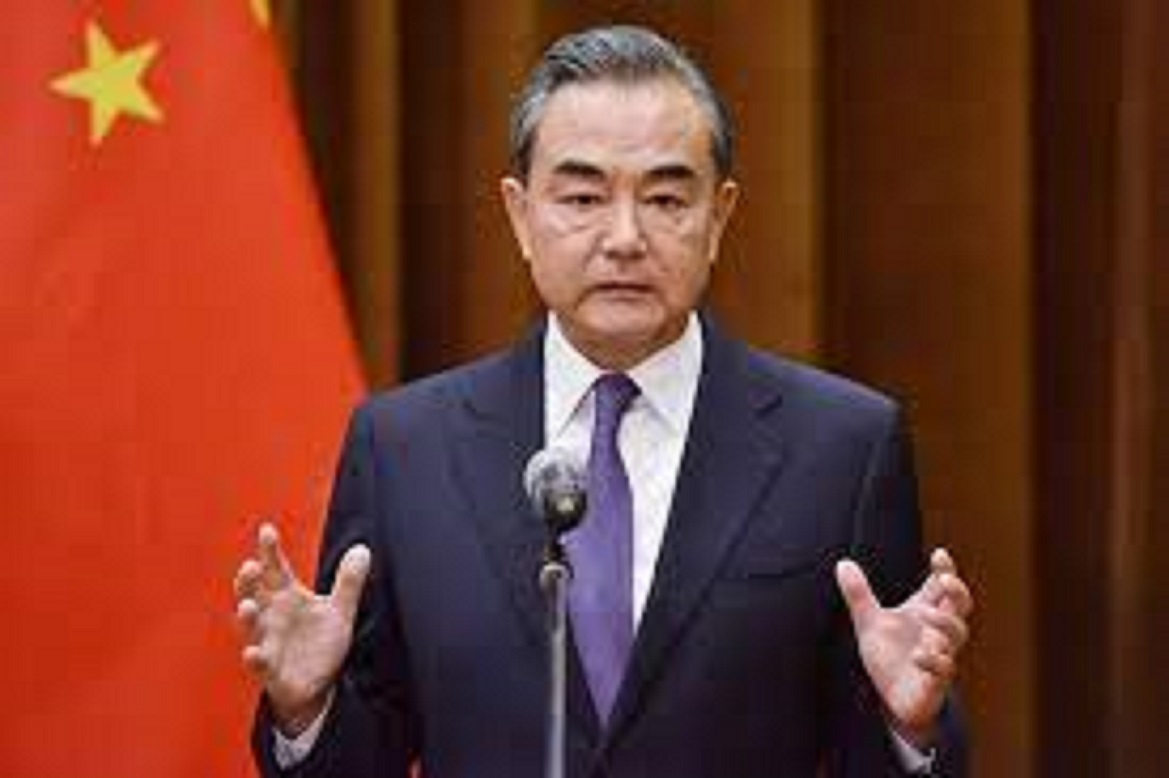Yes; we all had an overdose of the Qin Gang saga in the past few weeks. So, I shall consciously avoid speaking about that this week, except for just two things. One; the Chinese leadership has not yet revealed the actual reasons for Qin Gang’s removal, and therefore, the rumour mills will continue to churn for some more time. Secondly, in yet another faux pas, blindly heeding the thoughtless instructions from superiors, some overzealous officials in the Ministry of Foreign Affairs (MoFA) decided to erase every report, statement, speech, and even picture of Qin Gang from the Ministry website. Realising the blunder, they were slowly restoring some, if not all (?) of the previously deleted posts over the last few days.
The re-appointment of Wang Yi, the former Foreign Minister, who was elevated as Director of the ruling Communist Party Central Committee’s Foreign Affairs Commission Office in January did surprise many China watchers. The probable names that were floated by some of the domain experts who claimed “access” to knowledgeable people in Beijing included Ma Zhaoxu, the Vice Foreign Minister. In other words, the return of Wang Yi to his old post that he occupied for nearly ten years before his elevation to the abovementioned senior Party position was not anticipated by many.
There is no doubt that Wang Yi is better suited than any others to bring stability and continuity to China’s foreign policy sphere in these turbulent times, with Russia’s Ukraine war and China’s trade war with the US not showing any signs of abating, the Taiwan issue continues to be in flux with a presidential election scheduled for January next year, and the country’s economy is passing through difficulties not faced in recent decades. It is clearly a stopgap arrangement that might prolong at least till the year-end with a series of important foreign affairs events already scheduled, and culminating in a potential Joe Biden-Xi Jinping meeting when the latter is expected to travel to the US to attend the November APEC summit.
A quick look at China’s history will show that senior leaders have shown no hesitancy in stepping into the shoes of their junior colleagues at crucial junctures, taking control of the helm and steadying the boats that were rocking and going out of control. Let’s look at a couple of recent examples. Vice Premier and State Councillor Wu Yi, known for her firm decision-making prowess had taken over from her junior Zhang Wenkang in 2003 when the latter faltered in handling the 2003 SARS outbreak as Health Minister. Likewise, Zhang Dejiang, also a Vice Premier was sent to take over as the Party Secretary of Chongqing Municipality to replace Bo Xilai, who was removed from office on corruption charges in 2012. Son of Bo Yibo, one of China’s eight [modern] immortals, the popular Bo Xilai was considered a threat to Xi Jinping’s claim to the Party’s and country’s top posts. Popular among MoFA officials, Wang Yi is also expected to smoothen the feathers his younger predecessor is alleged to have ruffled in the Foreign Ministry hierarchy in his short 7-month tenure.
It is said that several of Wang Yi’s counterparts in the West and even Southeast Asia who have held tough negotiations with him generally felt he is sharp, but was very vocal, even “aggressive sometimes”. Some Western diplomats remembered him as even “abrasive and more than a bit confrontational” even if the situations did not warrant it. Some European diplomats felt he was a “classical sort of Chinese minister”, “not flamboyant, but occasionally forgets diplomatic niceties, particularly when it comes to issues of China’s national interests”.
The change of guard will not lead to any changes in the country’s foreign policy for the role of a Chinese foreign minister is largely that of an implementer and not that of a policymaker. The real responsibility for policymaking lies with the Party’s top foreign policymaking body, the Foreign Affairs Commission (which Wang Yi has been heading since January this year). This is not to say that foreign ministers are powerless in China. In recent times, they have been made state councillors, a rank higher than that of a cabinet minister in the Chinese scheme of things. Moreover, the foreign minister is the face of China to the outside world and usually has the president’s ear for obvious reasons. That in itself is a big thing in a country that runs majorly on guanxi (relationships/networking etc.). In the case of Wang Yi, his being a member of the current Politburo, besides being a State Councillor, would help him get any complex issues sorted out the way he wants. Wang Yi is the first Politburo member, after Qian Qichen (1992-1998), to head the Foreign Ministry.
Having run the Foreign Ministry for about ten long years, and travelled around the world as a career diplomat, Wang Yi is a known face globally. That makes it a little easier for his counterparts to deal with China. But he also had his share of run-ins with senior diplomats from other countries in the past. As mentioned above, he is sometimes accused of being inflexible in matters, particularly those involving China’s core national interests. Some analysts in Southeast Asia suspect him to be one of the main architects of China’s famous delaying tactics adopted in negotiations involving the Code of Conduct on the South China Sea, negotiations with the US, and border disputes with India, among others.
Title image courtesy: The Japan Times
Disclaimer: The views and opinions expressed by the author do not necessarily reflect the views of the Government of India and Defence Research and Studies
Article Courtesy: Asian Institute of China and IOR Studies





